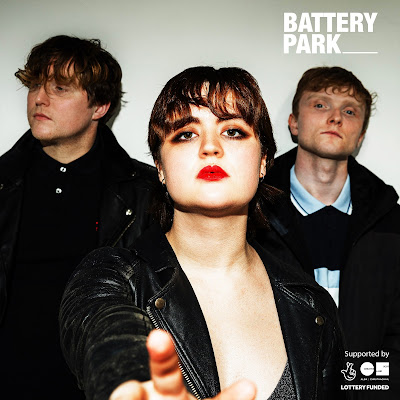Oblique Strategies for Drama
I am a big fan of the musician Brian Eno. From his work with Roxy Music through to his records with U2 and Coldplay via Bowie, Byrne and inventing ambient music I think he has an interesting outlook on the creative process and has made a career out of reinventing his own sound, and the sound of others.
As a theatre director who has a massive interest in record production I was drawn to Eno's Oblique Strategies. A series of prompts written on cards that he would pull out at random to instigate a creative impulse in the musicians he was working with. You can check out some of the strategies on this website.
Sometimes when you are rehearsing a play you can feel that, as a director, you are making the same safe choices again and again. Actors have this feeling too. They have made choices in rehearsal and are scared to deviate from 'what works'. This pushes a whole world of unexplored possibilities to the side.
I was working on some show or other a few years ago and when it came to running it, before technical rehearsals began, I felt that the performances had become safe, the actors had stopped exploring because the end point - the performance - was in sight. It was boring me. And I can't stand being bored! So I scribbled down some ideas inspired by Oblique Strategies and started to throw them into the mix. And KABOOM! The whole play found a new lease of life.
The way that I work it is like this - we will run the play. Before each scene I will randomly draw a prompt and read it out. It is not discussed, the actors hear it and interpret it however they wish. If we hit an event (as described by Katie Mitchell in her book The Director's Craft - to put it quickly an event is a moment that occurs which changes every character's objective) then I will pause proceedings and throw a new prompt into play.
You can change things up, give different characters on stage their own prompt, if there are no events and you think the possibilities have dried up (or the actors are totally uninspired by the prompt) then throw something new in.
You can download a PDF of some of the prompts I use here. You'll find the ones you like and think of new ones yourself, but these are hopefully a good starting place.
I have found that after doing a run with this method we wasted about 20% of our time (but had fun doing it, so that's not a total waste) and about 80% of what we did had something in it. It might be a subtle change to the movement in the scene, a realisation for an actor that the way they had decided a line should go isn't the only way. I remember a scene we were working on between Viola and Olivia in Twelfth Night, when Olivia admits her love for the messenger. I think the prompt was something like The Hunter and the Hunted and the scene just went up to another level, and it was fascinating to see when the actors felt they were the hunter and when they were being hunted.
Anyways, if you fancy giving it a go, then there it's there! Enjoy!



Comments
Post a Comment